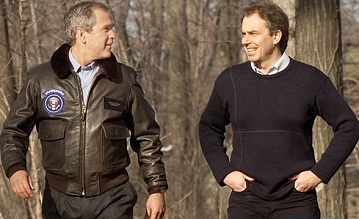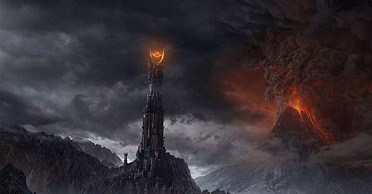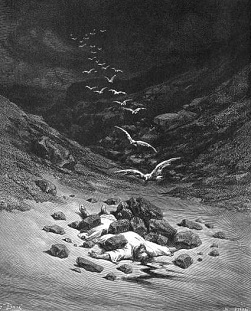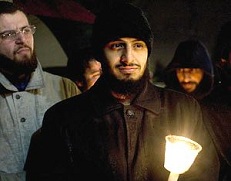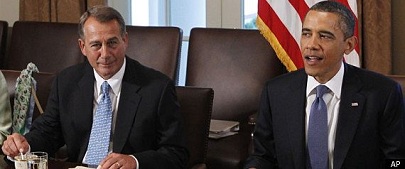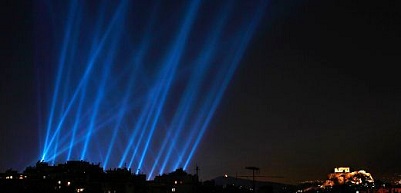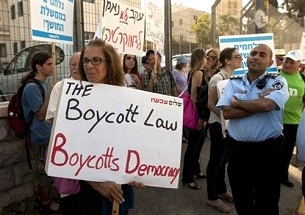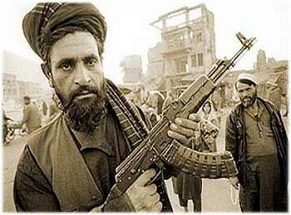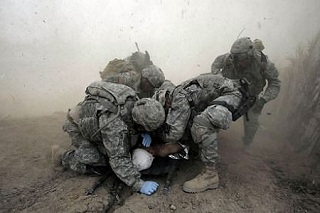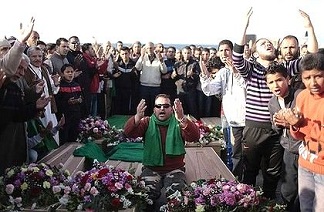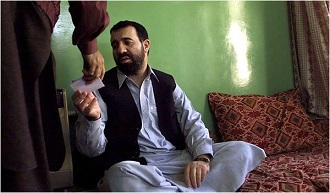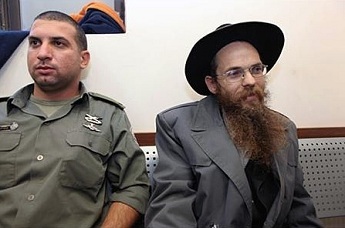Who Decides On Nation-States?
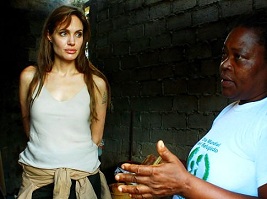
[Photo: Angelina Jolie (left) works closely with the United Nations Human Committee for Refugees as a Goodwill Ambassador in various nations.]
The national aspirations of peoples are governed by rank public relations schemes
On July 9, the Republic of South Sudan became the newest internationally-recognized nation-state. As the result of a civil war truce and peace deal worked out five years previously, South Sudan and its former master, the Republic of Sudan, independent since 1956, mutually recognized their divorce.
Unlike the “velvet divorce” of the Czech Republic and Slovakia from the former Czechoslovakia, the Sudanese divorce of the largely Muslim north and majority Christian south was all but peaceful. The two sides staked rival claims to border regions such as the oil-rich Abyei and a renewed war between north and south Sudan loomed as the south achieved independence.
The independence gala in the South Sudan capital of Juba was attended by such luminaries - some would call them “interlopers” - as U.S. ambassador to the United Nations Susan Rice, former Secretary of State Colin Powell, U.S. Africa Command chief General Carter Ham, British Foreign Secretary William Hague, United Nations Secretary-General Ban Ki-moon, and French Foreign Minister Alain Juppe. The international “glitterati” from the West studiously avoided meeting Sudan’s President Omar al-Bashir, who faces an International Criminal Court arrest warrant for war crimes in Darfur.
The snub of Bashir in Juba by the Western leaders points to the essence of international diplomacy today. International relations have become a “reality television show,” where leaders who do not comport to the standards dictated by a consortium of political leaders representing multi-national corporate interests and international “do-gooders” like actor George Clooney and actress Angelina Jolie representing un-elected and well-paid executives of non-government organizations decide what peoples are repressed, what regions deserve independence, and what leaders are “good guys” and “bad guys.” International diplomacy has become a children’s game and the effects have plunged nations and peoples into civil war and strife.

























